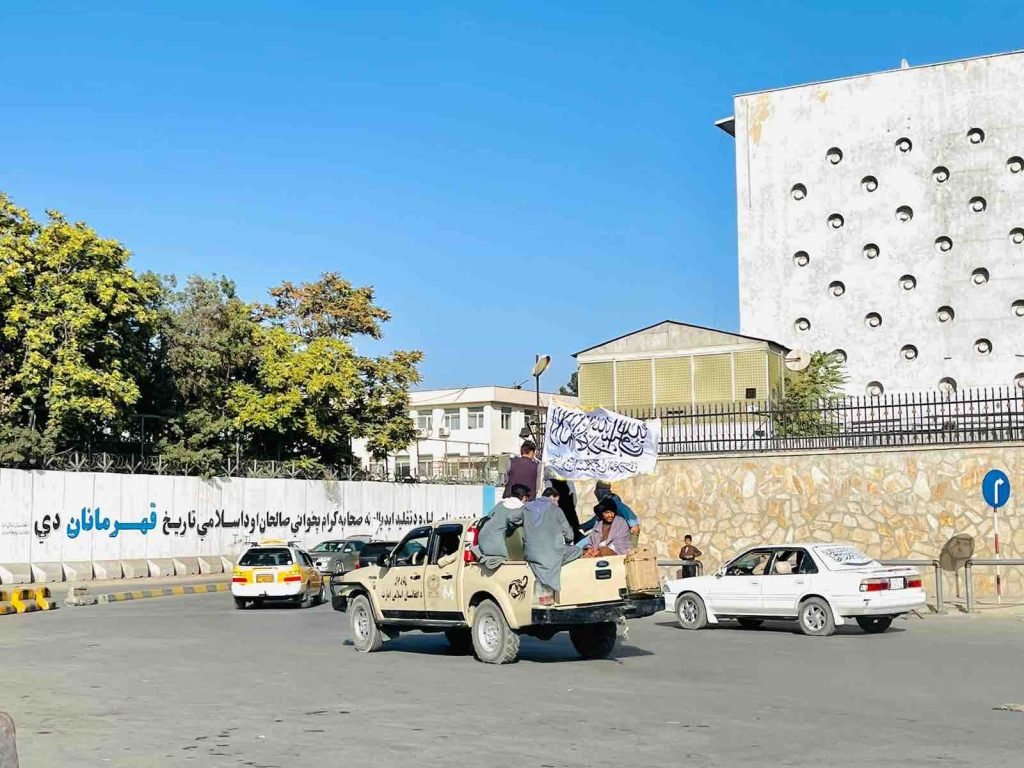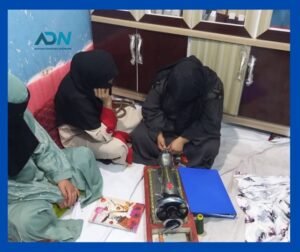The Taliban’s Governance Challenges

Downtown Kabul, October 2023. Photo: @AADIL
By Ilhamuddin Afghan
In the wake of the Taliban’s return to power in Afghanistan since August 2021, a complex narrative has unfolded, revealing the challenges they face in navigating the transition from military activities to effective governance.
Originating from religious schools in Pakistan, with a foundation deeply rooted in military endeavors, the Taliban encounter considerable hurdles in transforming into a cohesive and well-organized governing entity.
Their primary challenge stems from the lack of governance and administrative experience among Taliban members. Their extensive engagement in armed conflict within the rugged terrains of mountains and valleys against the former government and the US-led NATO forces has predominantly shaped their focus towards military strategies, neglecting the complexities of governmental operations.
This deficiency in experience is apparent in their governance approach, characterized by a historical disregard for human rights principles and norms.
Compounding these challenges is the Taliban’s self-perception as an insular group unaccountable to external entities. This mindset impedes the adoption of transparent governance practices, fostering an environment where personal gains and financial accumulation overshadow the welfare of the population.
The emphasis on collecting religious tithes and alms in districts, along with levying taxes in urban areas, underscores their prioritization of financial interests over service provision. Notably, their handling of professional and technical governance lacks structure, relying heavily on interpersonal relationships instead of structured plans, regular meetings, or formal assemblies.
In stark contrast to established governance principles, the Taliban’s approach lacks structural organization in professional and technical affairs. Senior officials appear to operate without comprehensive plans or formal structures, relying on interpersonal relationships.
Experts stress the fundamental role of planning in effective management, a component noticeably absent in the Taliban’s administration. Reports indicate a lack of systematic planning, with leaders failing to prioritize administrative reform. Instances of institutional heads sleeping during official hours when client interactions are minimal indicate a lack of engagement and urgency in addressing governance challenges.
The imposition of decisions without dissent, coupled with the absence of technical governance, exacerbates the Taliban’s governance issues. Lacking professional expertise, the group exercises unilateral decision-making authority, often prioritizing their group’s interests over broader societal welfare.
The population finds itself subject to the Taliban’s decisions, with a pervasive fear stifling dissent. Despite lacking any semblance of technical governance, the Taliban wields unchecked authority, enforcing decisions without accountability. The group’s disregard for pragmatism in implementing mandates further discourages individuals from challenging their authority.
Ata Khan, a tribal member, underscores this climate of fear, noting extreme measures to silence dissent.
“When someone disagrees with the decisions made by the Taliban, they are imprisoned and are executed with a cobbler’s rope because no one questions or challenges them,” said Khan.
The Taliban’s weak administrative structure extends to their treatment of skilled individuals from the previous government, disregarding their insights and contributing to the overall lack of adherence to administrative plans and principles.
A critical factor in understanding the Taliban’s governance challenges lies in their focus on self-interest and income generation. Decision imposition without considering public benefit, coupled with a lack of transparency and accountability, highlights the obstacles the Taliban face in establishing a functional government.
In conclusion, the historical emphasis on military activities, coupled with a lack of governance experience and a self-preserving mindset, impedes the Taliban’s ability to establish a transparent and effective administrative structure. As the world observes developments in Afghanistan, it is essential to monitor the Taliban’s governance approach and assess their capacity to address challenges for the benefit of the Afghan population.
Ilhamuddin Afghan is a university professor based in Afghanistan.
Note: The contents of the article are of sole responsibility of the author. Afghan Diaspora Network will not be responsible for any inaccurate or incorrect statement in the articles.






